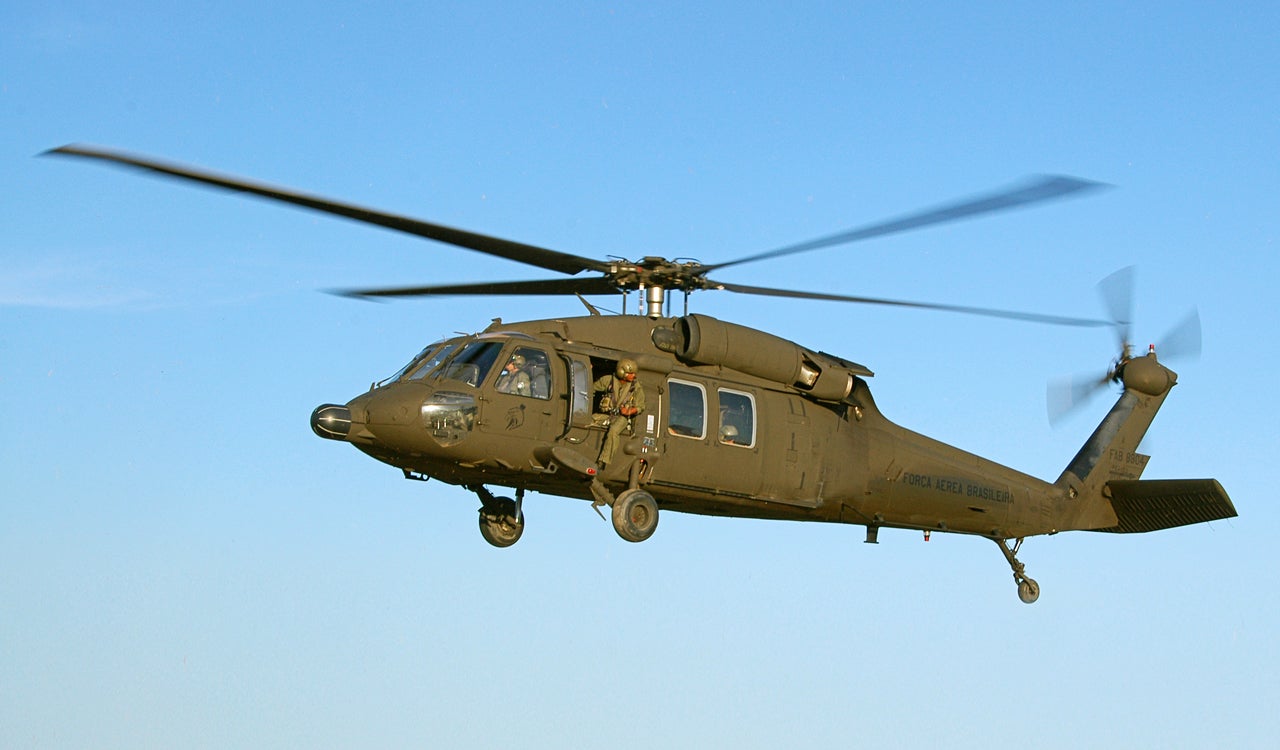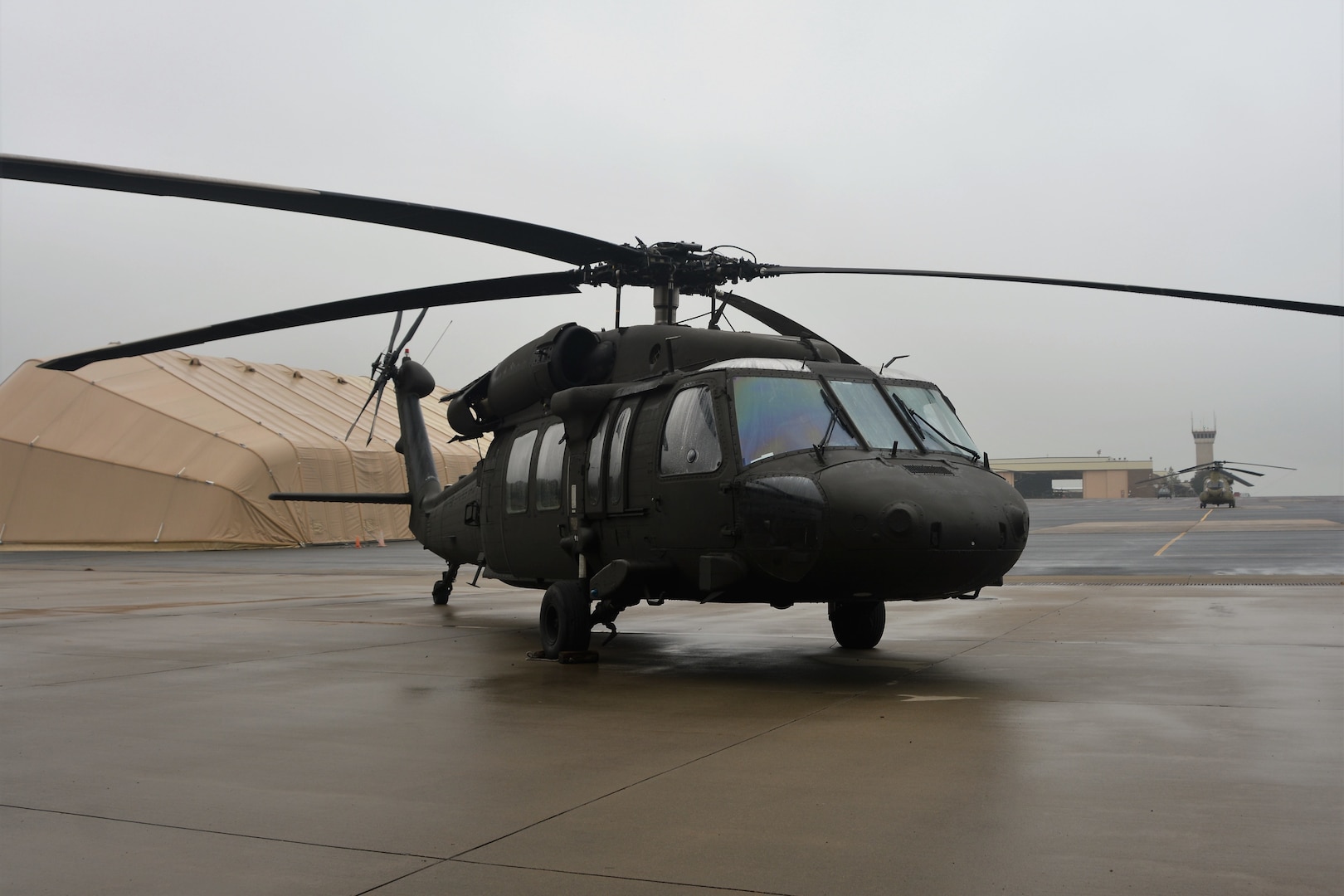The Duty of UH 60 in Modern Armed Force Workflow
The Duty of UH 60 in Modern Armed Force Workflow
Blog Article
The Influence of Sustainable Practices on the Future of Aircraft Operations and Emissions Decrease
As the air travel sector faces raising analysis over its ecological effect, the fostering of sustainable techniques emerges as an essential path toward future airplane operations and discharges reduction. Advancements in lasting aviation gas and developments in crossbreed propulsion modern technologies stand at the center of this change, appealing substantial reductions in greenhouse gas discharges.

Summary of Lasting Practices
Lasting practices in airplane operations incorporate a range of strategies focused on reducing environmental influence while preserving operational efficiency. These practices are crucial in the aviation market's commitment to reducing its carbon footprint and sticking to worldwide environmental criteria. Secret efforts include optimizing flight paths to reduce fuel intake, boosting upkeep procedures to make certain aircraft run at peak efficiency, and executing advanced modern technologies such as winglets and light-weight products that enhance the rules of aerodynamics.

Training and involving personnel on sustainability techniques also play an important role, fostering a society of environmental obligation within companies. Overall, the assimilation of these lasting practices not only helps in reducing exhausts yet likewise improves the long-lasting stability of the air travel industry, ensuring it fulfills the needs of both consumers and regulatory bodies while adding to international sustainability objectives.
Cutting-edge Fuel Alternatives
Numerous ingenious fuel options are arising as crucial remedies to reduce the aeronautics industry's dependence on traditional fossil fuels. Among these alternatives, Sustainable Aeronautics Gas (SAFs) have actually gotten substantial interest because of their prospective to decrease lifecycle greenhouse gas emissions by up to 80% contrasted to traditional jet fuels. SAFs are acquired from numerous feedstocks, consisting of waste oils, farming deposits, and even algae, making them a flexible option for the market.
An additional appealing choice is hydrogen gas, which, when made use of in gas cells, creates only water vapor as a byproduct. This zero-emission potential presents a substantial possibility for decarbonizing trip operations, particularly for short-haul trips and local airplane. Additionally, electric propulsion systems are being discovered, leveraging battery modern technology to power airplane. While existing battery capacity limitations variety and payload, recurring innovations might soon make electric flights sensible for certain applications - uh 60.
Lastly, biofuels originated from biomass are being explored, using an eco-friendly alternative that can be blended with standard fuels. Jointly, these cutting-edge gas choices stand for an important action towards achieving a sustainable aviation ecological community, lining up with international discharges decrease targets and boosting the sector's environmental stewardship.
Technological Improvements in Aeronautics

Exactly how can technical improvements improve the future of aeronautics? Technologies such as electrical and hybrid propulsion systems are at the center, promising considerable reductions in fuel usage and greenhouse gas discharges.
In addition, the execution of advanced products, such as lightweight composites, adds to enhanced the rules of aerodynamics and gas efficiency. Making use of expert system and artificial intelligence in flight operations optimizes route preparation and reduces gas burn by allowing real-time adjustments based on climate and web traffic problems. Furthermore, the growth visit this website of self-governing and remotely piloted aircraft systems stands to change cargo and traveler transport, potentially increasing effectiveness while minimizing human error.
Furthermore, sustainable aeronautics modern technologies, including sophisticated air traffic monitoring systems, can minimize and enhance operations congestion, bring about lower discharges during flight. These improvements collectively represent a paradigm change in aviation, assuring a future where sustainability and operational performance are intertwined, thereby supporting the sector's dedication to reducing its ecological effect.

Governing Structure and Compliance
Taking into account the expanding emphasis on environmental stewardship within the aviation market, the regulatory structure controling aircraft procedures is progressing to promote lasting techniques. Regulative bodies, such as the International Civil Aviation Company (ICAO) and various national air travel authorities, are introducing rigorous standards targeted at reducing discharges and boosting operational effectiveness.
These regulations commonly consist of the fostering of Lasting Aviation Fuel (SAF), which has been recognized as a key part in achieving lower carbon impacts. Additionally, compliance with these regulations calls for airline companies to execute operational methods and innovative innovations, such as optimized trip paths and improved air website traffic administration, to minimize gas intake.
Additionally, the enforcement of discharges trading schemes and carbon countering initiatives is ending up being increasingly widespread, compelling airlines to keep an eye on and report their exhausts properly. Non-compliance can cause substantial penalties, therefore pushing operators to prioritize sustainability in their organization versions.
Ultimately, the progressing regulatory landscape not just drives advancement and investment in eco-friendly modern technologies however additionally fosters a society of accountability within the air travel sector. As these frameworks proceed to create, the emphasis on sustainable practices will be important to achieving the field's lasting environmental goals.
Future Patterns in Airplane Operations
As the aviation sector adapts to a progressively strict regulatory setting, future fads in aircraft operations are readied to concentrate on innovative services that even more improve sustainability and effectiveness - uh 60. Trick developments will likely include the adoption of innovative air traffic administration systems, which utilize real-time information and expert system to maximize trip paths, decreasing fuel usage and exhausts
An additional considerable additional reading fad is the raised integration of sustainable aviation gas (SAFs) These options to standard jet gas, acquired from eco-friendly resources, can significantly decrease lifecycle greenhouse gas discharges. The sector's dedication to SAFs will likely speed up as airline companies work together with fuel producers to ensure availability and cost-effectiveness.
Additionally, the press in the direction of electrification and hybrid propulsion systems is getting energy. Emerging aircraft designs will include these modern technologies, offering quieter and more efficient procedures, specifically for short-haul flights.
Conclusion
The adoption of sustainable aviation fuels, coupled with developments in electric and hybrid propulsion systems, is crucial for decreasing lifecycle greenhouse gas emissions. Maximizing trip courses and accepting cutting-edge innovations add to a quieter and a lot more eco friendly aeronautics market.
Technologies in lasting air travel gas and developments in crossbreed propulsion technologies stand at the center of this transformation, encouraging significant decreases in greenhouse you can find out more gas emissions.Many ingenious gas choices are arising as critical services to reduce the aviation market's reliance on standard fossil gas - uh 60. Among these alternatives, Sustainable Aeronautics Gas (SAFs) have actually obtained significant interest due to their prospective to lower lifecycle greenhouse gas exhausts by up to 80% contrasted to traditional jet gas.An additional significant trend is the increased integration of sustainable air travel fuels (SAFs) The adoption of sustainable aeronautics gas, coupled with advancements in hybrid and electrical propulsion systems, is important for lessening lifecycle greenhouse gas discharges
Report this page